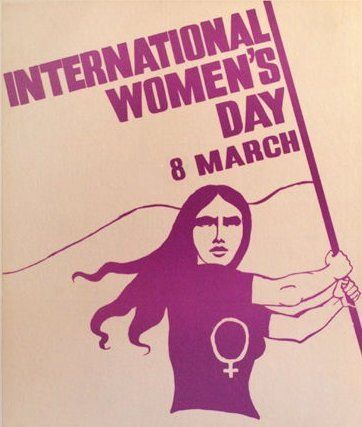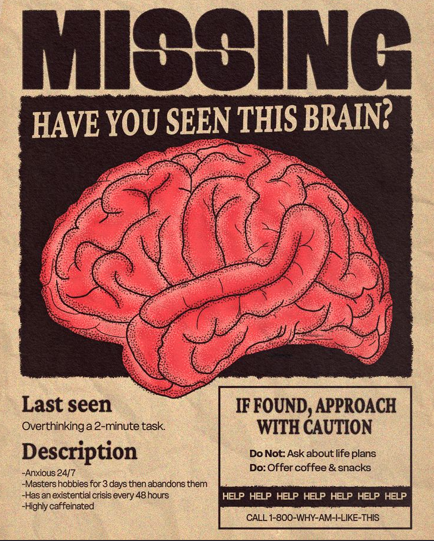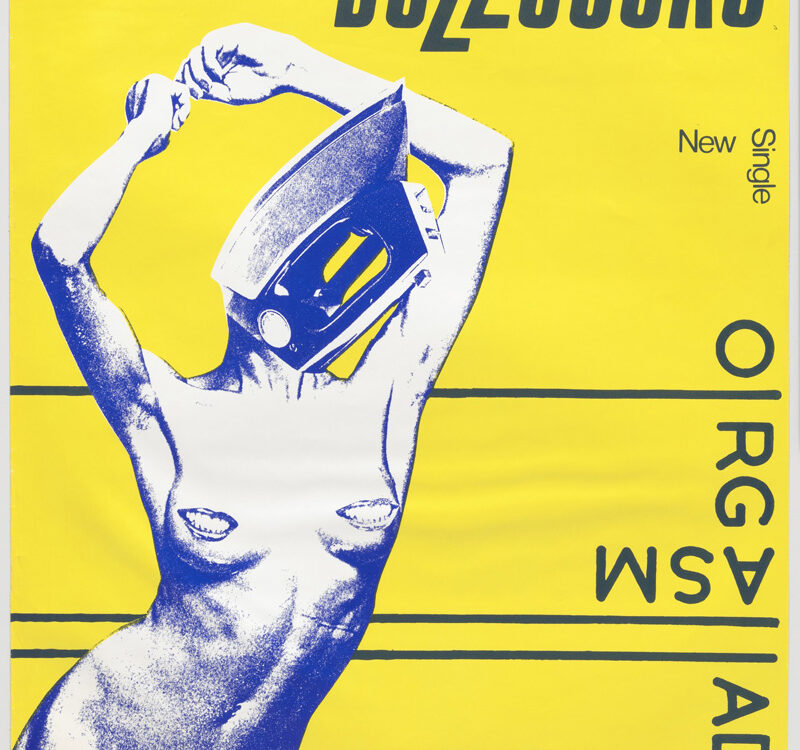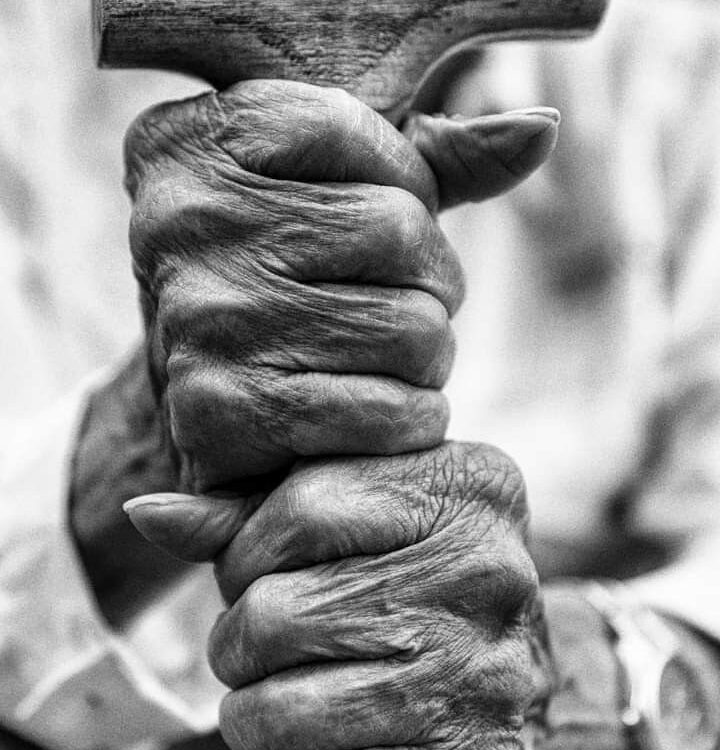Today, March 8th, marks International Women’s day. It is the day when women are recognized for their achievements without regard to divisions, whether national, ethnic, linguistic, cultural, economic or political. International Women’s Day first emerged from the activities of labor movements in North America and across Europe. It is actually a national holiday in so many countries. In other countries, it’s a day to celebrate women and show appreciation to females. In Italy, on this day, it’s common for men to give yellow mimosas to female family members, female colleagues, loved ones and mothers and daughters. In China, women are entitled to a half-day off on International Women’s Day.
In Jordan, we usually don’t celebrate it in a specific way, some people just write something on Facebook, some companies giveaway flowers to their women colleagues, probably that’s all. So naturally, I personally don’t celebrate this day. In fact, I believe women should be celebrated throughout the year, humanity should be celebrated everyday.
I have always been surrounded with powerful females that have been an inspiration to me, women that have been catalysts and change-makers whither in my family, my circle of friends, at work and those female figures that have been a distant inspiration to many people.
This day is not just to celebrate women’s achievements throughout history , it’s a call for gender equality that is much needed till this day. The story of women’s struggle for equality doesn’t belong to a single feminist or to one organization calling for women’s rights, it should be the mindset of each human being respecting equality regardless the gender, regardless their position, their role, their social status, it’s about the collective efforts of all who care about humanity.
How can we actually have this mindset?
Calling for women’s rights has always been a projection of the needs, rights and the role of females in communities, feminism is the call for equality. But these needs and rights are for all, for every living person.
Women are fighting to be seen as main catalysts in societies and be equally seen as important and powerful as men. But society is not really supporting this call. Society is not supporting men to have this mindset of gender unity. Calling for feminism is also calling to stop assuming men be in a specific figure with a specific attitude. Most societies doesn’t accept men to be emotional, they are told to “man up” and be tough, they are expected to watch manly sports and action movies, they are expected to be strong and providers, they are expected to act “like men”. I have always asked myself: What does “acting like a man” really means?
If men are not accepted to be themselves, to express their emotions, to be vulnerable when things get hard, do you think this will support women’s rights? do you think it is possible to have this equality feminism thrives for? How do you expect gender equality when we, women, raise children to follow the image “expected” from them just for being a male or a female?
In my opinion, feminism is taught when we tell our little boys that they can play with dolls with their female friends if they want, when we support our husbands when they feel vulnerable and weak, make sure they understand that it’s natural and not shameful to feel this way. Feminism is reached when we have teenage boys respecting their peer females and being compassionate towards them, when these teenage boys understand that topics like menstrual period is a natural topic that they are not discussed about. Equality will be achieved when society doesn’t have a specific role for you just for being listed under one of the genders.
It is hard to change one thing without changing something that plays a huge role shaping it. We can’t assume to have a genderly equal society without making sure we strip our minsets of limitations that we have created boxing us in a specific form, a form that is based on no reasnable association to anything.
One of the TedTalks I liked about the topic is by Chimamanda Ngozi Adichie, a very bright Nigerian writter, titled: We should all be feminists, and even a better one is by the actor Justin Baldoni: Why I’m done trying to be “man enough”?





